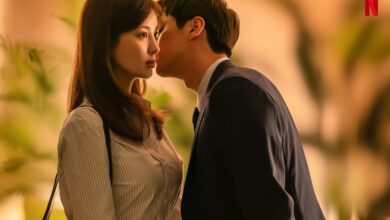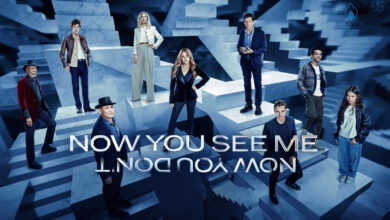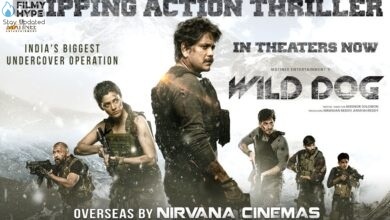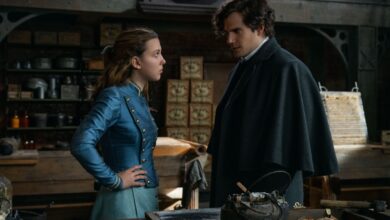Don’t Worry Darling Review: A Plot Full Of Mysteries But Poor In Surprises | Filmyhype
Stars: Florence Pugh, Harry Styles, Olivia Wilde, Chris Pine
Director: Olivia Wilde
Filmyhype.com Ratings: 3/5 (three stars)
Olivia Wilde is back behind the camera for the second time with one of the films expected by the youngest of the 2022 Venice Film Festival: Don’t Worry Darling. The choice of the two protagonists for Wilde’s first foray into the psychological thriller is what attracted media attention to the project: Harry Styles and Florence Pugh are the main stars of a film that represents a big step back from the directorial debut of the Wilde, Booksmart, in which all his creativity entertained by a substantial budget, which focuses entirely on the casting and the spectacularization of two of the most beloved young icons of the moment, Don’t Worry Darling is a forgettable and out of time film, with some interesting insights but which is lost in the same management mechanism that grips its protagonists.
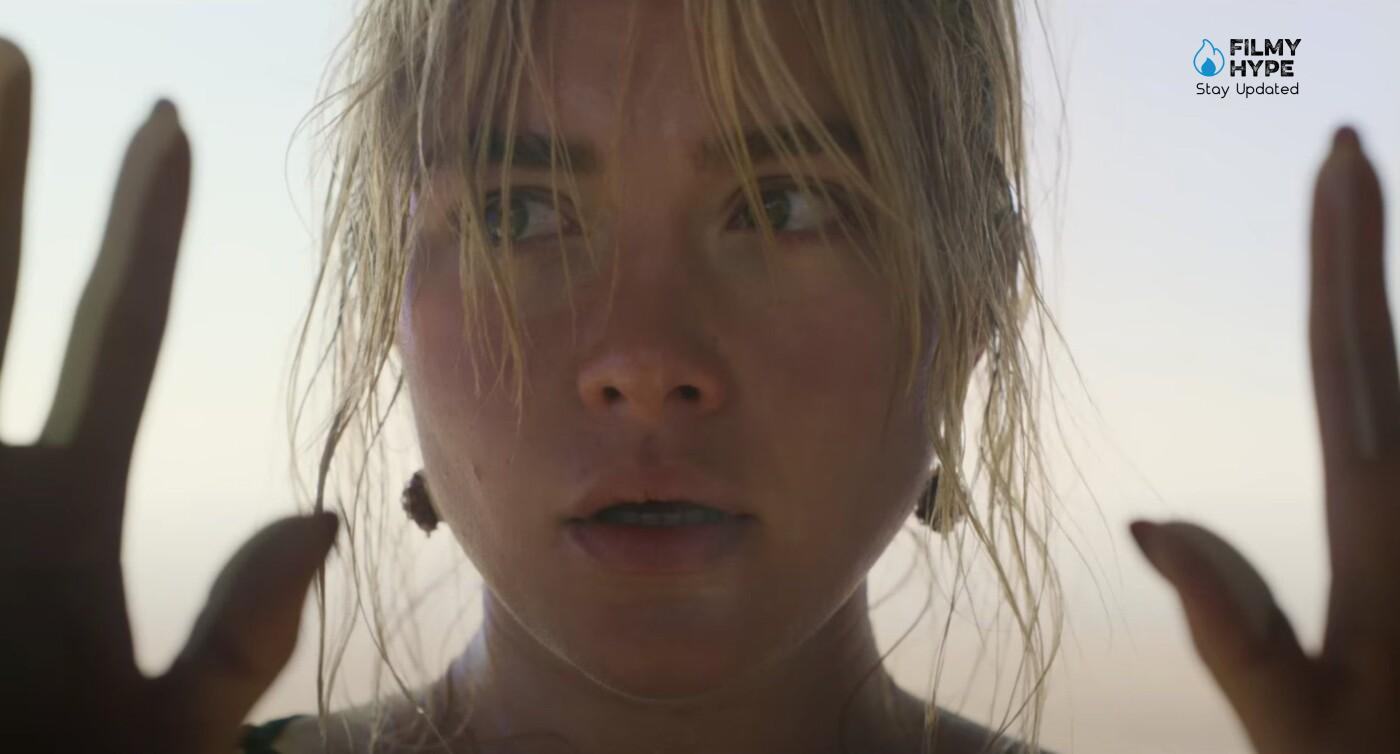
Don’t Worry Darling Review: The Story
Don’t Worry Darling tells of a young married couple, Alice and Jack, who lives in a utopian city in the middle of the desert called Victory. Every day he leaves the house and goes to work in the top secret company conceived and managed by the mysterious and charismatic Frank, while all the women remain to take care of the house and possibly of the children. This little paradise, where everyone seems to be happy and satisfied, risks collapsing when the woman begins to ask a few too many questions: following some visions perhaps linked to a past that she no longer seems to remember, and after having witnessed a bad accident involving another of her female friends, Alice realizes that she can no longer trust what she is told. Already from these few lines, that is the plot of the very first part of the film, it is evident that a lot is focused on intriguing the spectators and conquering them by promising answers to the many mysteries that seem to envelop the story.
Precisely this psychological/sci-fi thriller aspect is perhaps one of the most disappointing elements of the film since the final explanation is not only hasty but above all unoriginal. For fairness to our readers and in order not to fall into unwelcome spoilers, we do not go further with the details: but it is enough to know that from the point of view of setting and atmosphere the references are to films such as The Wives Factory, Pleasentville and The Truman Show, or a time series like The Prisoner. We could be here to cite half a dozen very famous titles to which Don’t Worry Darling is clearly “inspired” (not to say plagiarized) in terms of themes and contents. All this is simply to reiterate that there is very little originality too little for a film that focuses on mystery and revelation.
Don’t Worry Darling Review and Analysis
Considering this thriller part not particularly convincing, it would be reasonable to expect that the strength of Don’t Worry Darling could instead be the deepening of some particularly current themes to which the director, but more generally Hollywood itself, seems to pay particular attention: for example, we are talking about feminism and women’s emancipation, two topics that are an integral part of the film. Too bad, however, that, just at the moment when the film seems to be ready to tackle these issues more direct and explicit way, the story ends rather abruptly, leaving us with many questions and doubts not only about some developments of the plot itself but especially on the actual message he wants to leave.
The feeling is that the film’s ending has somehow undergone important cuts during the editing phase and that the juiciest part, the one that, in theory, should have interested the director the most. Or maybe this is exactly the result she wanted to achieve, preferring to leave much to the imagination of the spectators themselves; however, we remain with the strong doubt that this leaving everything on the surface without ever sinking did not help the film at all, indeed it probably almost ditched it.
The only great note of merit of this Don’t Worry Darling is its protagonist: on the other hand, Florence Pugh has been an absolute certainty for several years, both for the more authorial and independent cinema and the mainstream one. Her versatility and her candor conquer her from the first scene, and she, as always, proves to be very good at changes of tone, like when she has to go from being a perfect wife to a lost and scared woman. Despite this, even Pugh does not seem to be at her best or at least as good as many of her previous interpretations, probably because she is not too helped either by the director or by the rest of a cast that is not always convincing: it must be said, however, that even in this case (see Harry Styles) the problem seems to depend on the script.

Don’t Worry Darling is a derivative film and this is perhaps the biggest disappointment if we think that it was directed by Olivia Wild herself and who, with wit and a sparkling direction, had established herself in the independent series with the first Book Smart film. – The revenge of the losers. The strong female component, both on the stage and from an ideological point of view, is completely lacking in a screenplay that recalls a lot of Black Mirror, not in terms of narrative farsightedness, but rather, more in the spectacularization of the danger and pitfalls that are hidden in the interior of apparently perfect technological frames.
We are not talking about a significant addition to the out of competition of Venice 2022, but Don’t Worry Darling has an important note of merit: it will be a film that will attract the attention and presence of the public in theaters, and which will still be able to satisfy the palate of fans of grotesque thrillers without too many pretensions. There are many iconographic references, between Shutter Island and The Truman Show, passing through Sucker Punch and Stepford Wives, which enclose Don’t Worry Darling in a vice of quotationism and internal dynamics of the characters who do not know suspense or a tensive crescendo that legitimizes a visual sector so overwhelming.
If Don’t Worry Darling will consecrate itself as a misstep in Florence Pugh‘s career, we cannot say this, but the hope is that Olivia Wilde will soon return to the independent scene, presenting us with characters who can leave their mark and not. Live in the shadow of the icon that interprets them. Victory’s women unite against a system that makes them impotent and has subtracted them from the responsibilities they wanted to have, contrasting them with well-rounded men, who hide more than one secret. The truth is that two simple 17-year-old girls, Amy and Molly, had told a lot more about women’s solidarity in Booksmart. , celebrating it in all its facets. The women of Don’t Worry Darling, on the other hand, should be worried not only about the Victory project but also about the script in which they were inserted.
Don’t Worry Darling Review: The Last Words
Don’t Worry Darling can also please and entertain a certain type of audience (especially very young ones), but it is also a film with obvious defects and problems, especially in the writing phase. The finish is not very incisive, both due to a lack of originality and less than perfect editing. Only the usual convincing Florence Pugh is saved, while it is a half misstep for director Olivia Wilde. Don’t Worry Darling is a derivative and imperfect film, but one that will certainly bring back a good slice of the young audience, interested in the performances of the two pillars Florence Pugh and Harry Styles.



